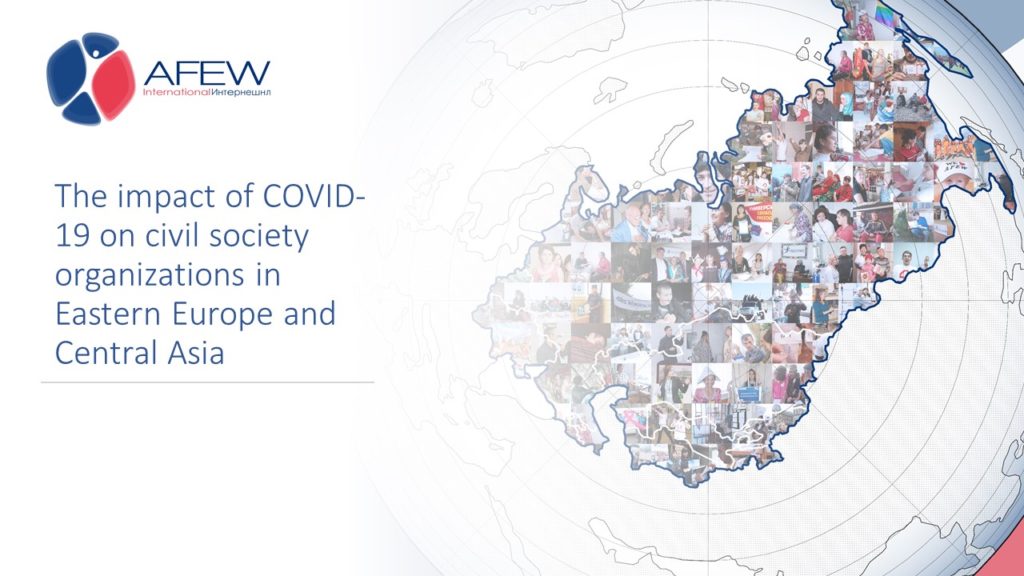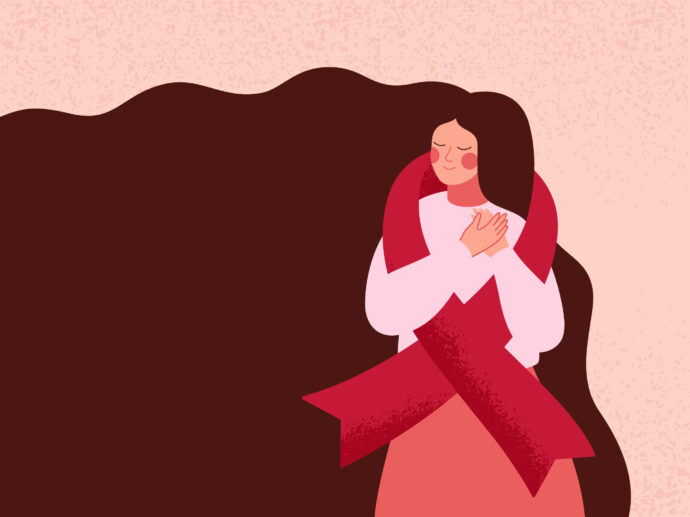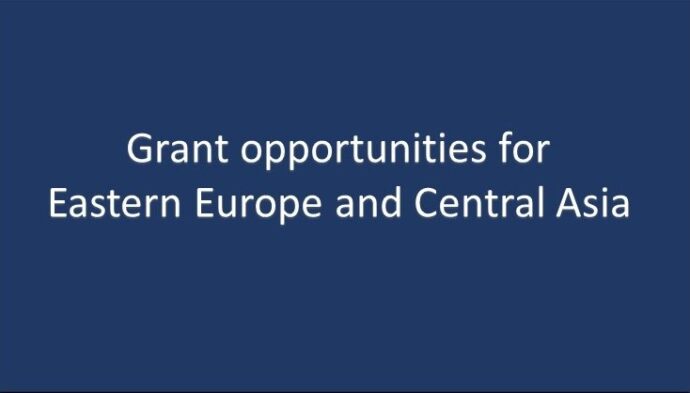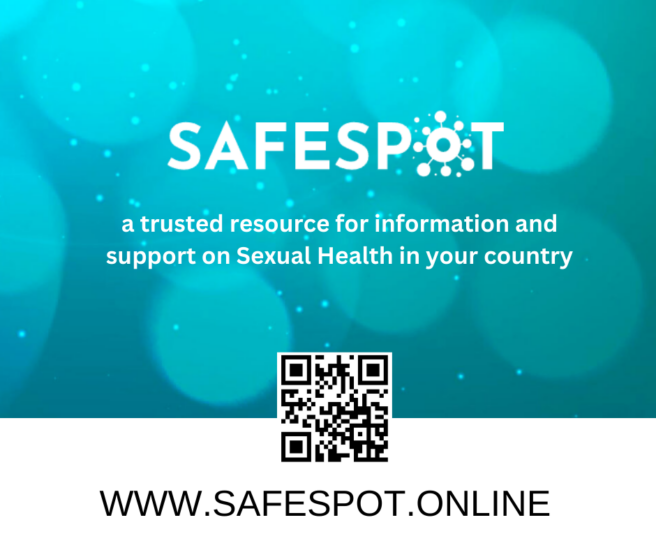 In August 2020 AFEW International conducted a questionnaire among Civil Society Organisations in Eastern Europe and Central Asia to measure the impact of COVID-19 on CSOs in the region. The results of the survey are now published in the report “The impact of COVID-19 on civil society organisations in Eastern Europe and Central Asia”.
In August 2020 AFEW International conducted a questionnaire among Civil Society Organisations in Eastern Europe and Central Asia to measure the impact of COVID-19 on CSOs in the region. The results of the survey are now published in the report “The impact of COVID-19 on civil society organisations in Eastern Europe and Central Asia”.
The survey has revealed the significant impact of the COVID-19 pandemic and restrictions related to the pandemic on CSOs, in terms of the health of their staff members, the way of working and sustainability. Almost half of the respondents confessed that staff of their organisations tested positive for COVID-19, which shows that it had a very personal impact on them. The majority of the respondents experienced a lot of changes in their work, including the introduction of new ways of working, a reduction in face to face meetings, and the need to work from home, which also corresponds with other reports about the impact of Covid-19.
There were also two positive findings. Despite the insecurities caused by the pandemic, CSOs do feel that they will emerge stronger and more agile out of the COVID-19 pandemic; 66% of respondents see positive aspects in remote working. Many admit that their organizations have learned how to be strong as a team and flexible. Their experience in working with key populations has proved useful for dealing with a situation in which everyone is at risk. The survey revealed that CSOs have proved to be resilient and flexible in their way of working during the pandemic, with the majority of them (88%) adding new activities in response to COVID-19, and more than a third adding new target groups into their activities.
Read the report here.
A short overview of the report you can find here.
“Interruption and innovation”
In early June 2020, AFEW International published a “Interruption and innovation” report on the impact of policy measures during the COVID-19 pandemic on key and vulnerable populations with HIV, tuberculosis and viral hepatitis in EECA. This report drew special attention to the impact of measures to prevent COVID-19 on disruptions of services for key- and vulnerable populations to the diseases mentioned earlier. These key- and vulnerable populations are: people who inject drugs, sex workers, men who have sex with men, trans people, people living with HIV, people deprived of liberty like people in prison or pre-trial detention, tuberculosis patients and their contacts, labour migrants, refugees and internally displaced people.




